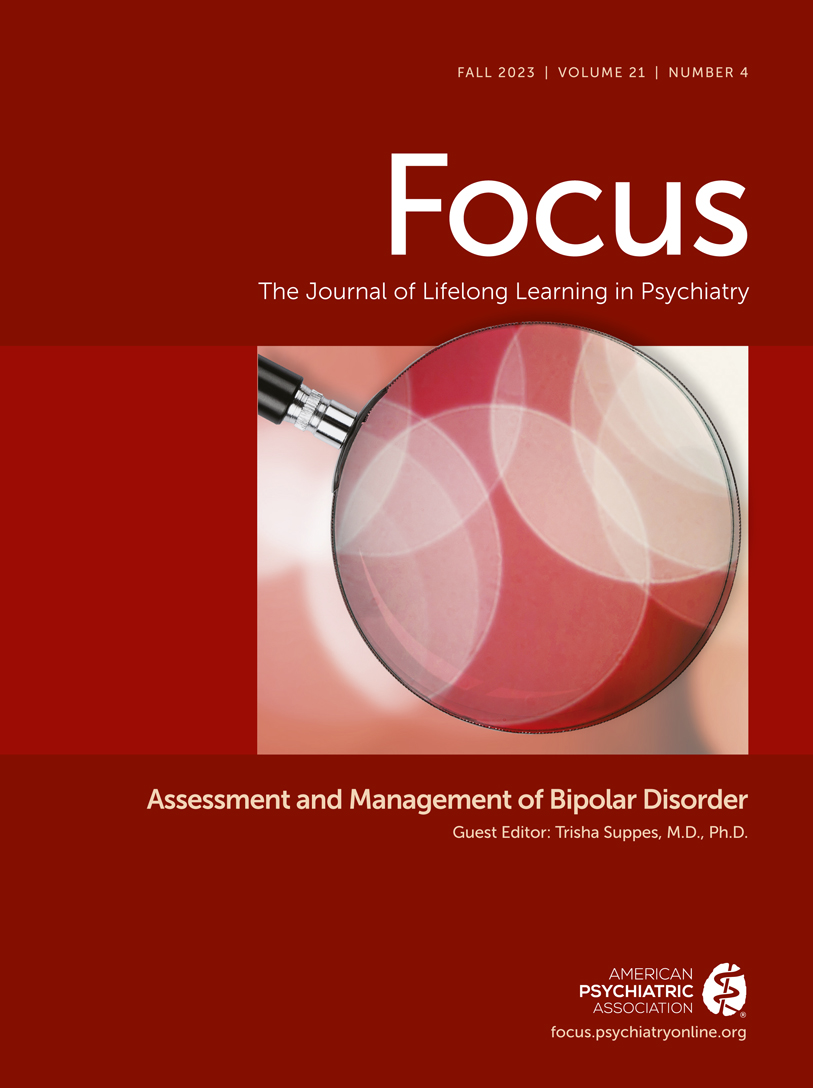Predictors of Functional Impairment in Bipolar Disorder: Results From 13 Cohorts From Seven Countries by the Global Bipolar Cohort Collaborative
Abstract
Objectives:
Persistent functional impairment is common in bipolar disorder (BD) and is influenced by a number of demographic, clinical, and cognitive features. The goal of this project was to estimate and compare the influence of key factors on community function in multiple cohorts of well-characterized samples of individuals with BD.
Methods:
Thirteen cohorts from 7 countries included n = 5882 individuals with BD across multiple sites. The statistical approach consisted of a systematic uniform application of analyses across sites. Each site performed a logistic regression analysis with empirically derived “higher versus lower function” as the dependent variable and selected clinical and demographic variables as predictors.
Results:
We found high rates of functional impairment, ranging from 41 to 75%. Lower community functioning was associated with depressive symptoms in 10 of 12 of the cohorts that included this variable in the analysis. Lower levels of education, a greater number of prior mood episodes, the presence of a comorbid substance use disorder, and a greater total number of psychotropic medications were also associated with low functioning.
Conclusions:
The bipolar clinical research community is poised to work together to characterize the multi-dimensional contributors to impairment and address the barriers that impede patients' complete recovery. We must also identify the core features which enable many to thrive and live successfully with BD. A large-scale, worldwide, prospective longitudinal study focused squarely on BD and its heterogeneous presentations will serve as a platform for discovery and promote major advances toward optimizing outcomes for every individual with this illness.
Reprinted from Bipolar Disord 2022; 24:709–719, with permission from John Wiley and Sons. Copyright © 2022
Access content
To read the fulltext, please use one of the options below to sign in or purchase access.- Personal login
- Institutional Login
- Sign in via OpenAthens
- Register for access
-
Please login/register if you wish to pair your device and check access availability.
Not a subscriber?
PsychiatryOnline subscription options offer access to the DSM-5 library, books, journals, CME, and patient resources. This all-in-one virtual library provides psychiatrists and mental health professionals with key resources for diagnosis, treatment, research, and professional development.
Need more help? PsychiatryOnline Customer Service may be reached by emailing [email protected] or by calling 800-368-5777 (in the U.S.) or 703-907-7322 (outside the U.S.).



